Online Internationalization under the COVID-19
Because overseas travel is restricted due to concerns of new COVID-19 infections, Meiji Gakuin University is now offering a new form of online international exchange utilizing online. This page describes some of the online classes offered for each seminar and course. Even in the midst of the COVID-19 pandemic, Meiji Gakuin University will not cease its efforts to provide students with opportunities for international exchange.
- Collaborative course (code share) with the University of Hawaii at Manoa
- Online cultural exchange with Thai students
- Multicultural exchange seminars at the Department of Sociology, Faculty of Sociology & Social Work
- International welfare during the COVID-19 epidemic: Online learning support for children in Cambodia
- English Oral Communication A/B (an international exchange-type collaborative course)
Since the birth of modern Japan in the early Meiji era, Meiji Gakuin University has strived to provide international exchange, cross-cultural understanding, and language education. International education is even more important in the turbulent periods in which new societies are born. Despite it currently being extremely difficult to travel overseas, the society is seeking a new form in which to reemerge. It is particularly in times like theseThis is when we should emphasize the importance of learning from international perspectives, and the time you spend studying as a you student should not hinder your international efforts during the period of studying as students.
Meiji Gakuin University is therefore introducing educational techniques using information and communication technologies (ICT) to promote international educational cooperation, even while users students remain in Japan. We are creating opportunities for cross-border learning and cross-cultural communication by strengthening our cooperative systems with partner schools universities and other institutions in Japan and overseas, and by practices such as Collaborative Online International Learning (COIL). We also offer Massive Open Online Courses (MOOCs) and other courses that incorporate online teaching materials. We would like to describe some of these efforts.
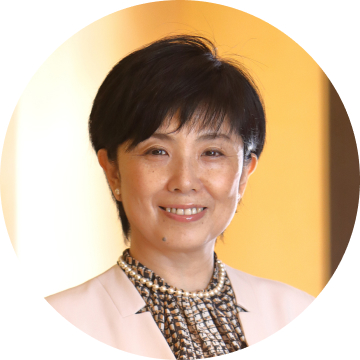
Professor, Faculty of Economics
Satoko Nakano
Collaborative course (code share) with the University of Hawaii at Manoa

-
In this course, our students participate in the same classes as the students at the University of Hawaii, listening to lectures from UH instructors via Zoom, having discussions with UH students on the web, and participating in collaborative group projects. Upper-level students from Meiji Gakuin University serve as teaching assistants, leading preparation and review for classes and providing consultations, so you the students can participate in classes at an American university with the security of remaining in Japan. The University of Hawaii is a top-tier U.S. university, so taking on this challenge will provide you wonderful opportunities for improving your English ability and international communication skills.
Coordinator: Keiko Tanaka (Professor, Department of International Studies, Faculty of International Studies)
Student report:
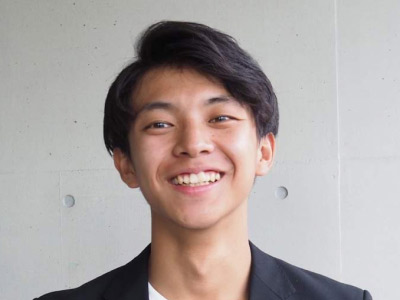
-
2nd-year student, Department of International CareersGlobal & Transcultural Studies, Faculty of International Studies
Shugo Tsuji
In this joint course with the University of Hawaii, I could participate in the same classes as local students studying under the UH curriculum. I also participated in a joint project where I paired up with a UH student to create a single presentation. I sometimes struggled in terms of language, but my partner kindly accommodated me in that respect, and then we were able to complete finalize our presentation. The experience of completing this course gave me solid confidence in myself as someone who wants to actively play an international rolework on the global stage in the future.
Online cultural exchange with Thai students

-
We were planning to visit Thailand to study agricultural life and economy while staying at a farm with students in the Japanese language department at Mahasarakham University (MSU), but those plans were cancelled due to the spread of COVID-19 infections. We therefore planned online exchanges with MSU students, through which Japanese and Thai students could share their cultures and daily lives. The Thai students showed us their huge on-campus dining room and the many Thai dishes served there, and we showed them slides ofintroducing Japanese food culture and short videos describing “a day in the lifedaily life of a Meiji Gakuin University student.” Being able to show each other’s student life using video and textual materials is an experience unique to online learning.It’s one of the good points of online learning that we can show our student lives each other using video and text materials.
Coordinator: Shin'ichi Shigetomi (Professor, Department of International Studies, Faculty of International Studies)
Student report:
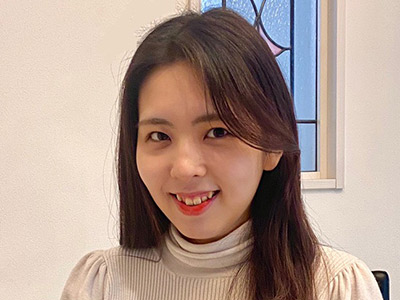
-
3rd-year student, Department of International Studies, Faculty of International Studies
Saki Uchida
Although I worried was worrying whether online international exchange was really possible onlineenabled frank communication, but since all the students had a deep interest in learning about each other’s countries, we quickly got to know each othermutually and had very enjoyable, meaningful exchanges. The Thai students participated in online exchange meetings from various places, such as their dormitories, homes, and shuttles, so I could feel the atmosphere of Thailand from their background, which brought up questions and discussions. This was an invaluable exchange experience I could not have obtained through classroom learning.
Multicultural exchange seminars at the Department of Sociology, Faculty of Sociology & Social Work

-
In our Global Sociology seminar, we engage in multicultural exchanges with various countries and regions under the theme “urban planning for multicultural coexistence.” So far, we have engaged in global regional exchanges and fieldwork focusing on urban planning in countries including Germany, France, the United Kingdom, Austria, Spain, Poland, and Taiwan. Despite the COVID-19 pandemic during the 2020 school year, we conducted online global exchanges with Soochow University in Taiwan and Ukraine’s Odesa I.I. Mechnikov National University in Ukraine. It makes me very happyI am pleased to see my seminar students deepening their interest in global, multicultural hybrid cultures through this “intimate” international exchanges.
Coordinator: Shinji Iwanaga (Professor, Department of Sociology, Faculty of Sociology & Social Work)
Student report:
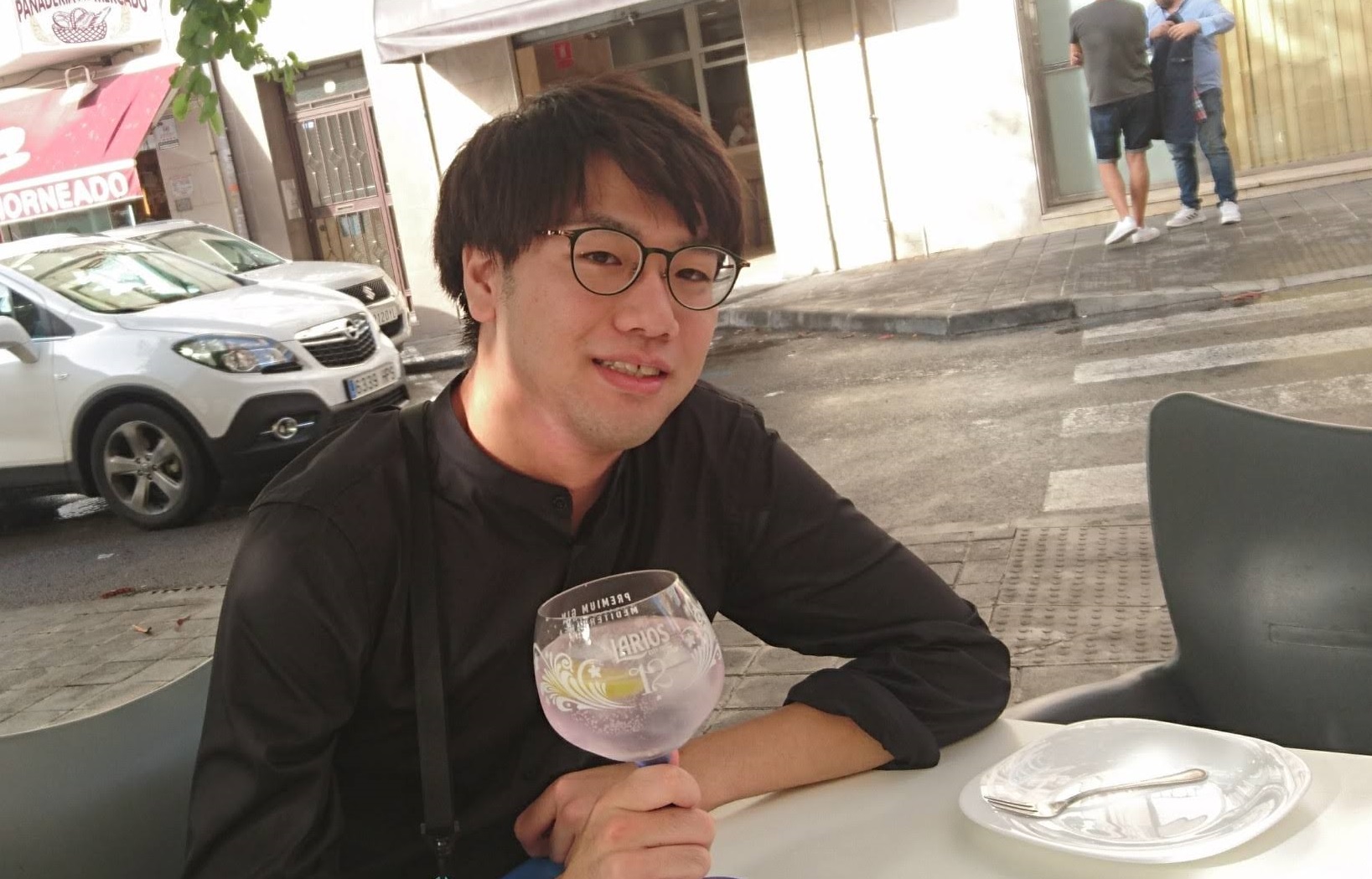
-
4th-year student, Department of Sociology, Faculty of Sociology & Social Work
Masahiro Shinohara
In December 2019, the Iwanaga Seminarthe seminar of Prof. Iwanaga participated in an event called “Ukrainian Christmas.” This included booths and workshops where visitors could experience Ukrainian culture, such as stamping tote bags with traditional Ukrainian patterns, and everyone had a good time. We learned that in Ukraine, people fast from Christmas morning until they see the first star in the evening, when celebrations begin. This provided me an opportunity to learn differences from how we do thingsspend Christmas in Japan, and to think about multicultural coexistence.
Note: This comment is from a student who participated in a 2019 face-to-face event in 2019.
International welfare during the COVID-19 epidemic: Online learning support for children in Cambodia

-
Each year, students in the Akashi seminarthe seminar of Prof. Akashi visit Cambodia to perform fieldwork. Specifically, they provide offer learning support at the Hiroshima House, which provides educational opportunities and school lunches for children from low-income families. Schools in Cambodia too also have been closed many times due to the COVID-19 pandemic. Since we currently cannot visit Cambodia, in the our seminar we have started supporting the children learning online. Children from low-income families don’t have access to digital devices or Wi-Fi. They therefore gather in the Hiroshima House classroom to participate in online lessons conducted by seminar students using their welfare development skills. In this way, even amidst the COVID-19 pandemic we are able to go beyond national borders to .“Tthink globally, act locally.!!”
Coordinator: Rumiko Akashi (Professor, Department of Social Work, Faculty of Sociology & Social Work)
Student report:
Student report:
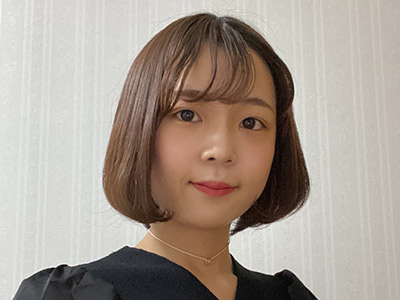
-
3rd-year student, Department of Social Work, Faculty of Sociology & Social Work
Miku Uchida
I discovered that we can easily engage in cross-border exchanges, and that we can create a place for providing education online. This was my first experience supporting learning online, and I had difficulties such as repeatedly considering how to create problems exercises and conduct lessons. However, even through the screen I could feel how motivated the children were to learn, which increased my desire to deliver more high-quality education with each meetingeach time. Utilizing what I have gained from these activities, I hope to continue to tackle new issues which I found through these activities.
English Oral Communication A/B (an international exchange-type collaborative course)

-
In 2020, those the students enrolled in this course formed some small international collaborative teams with 140 students from Australia, Switzerland, the Netherlands, and the United States, using web conferences and chats to and conducted projects with overseas team members using web conferences and chats. Even while remaining in Japan, in virtual space, we could use virtual spaces to learn about Sustainable Development Goals (SDGs) with students and faculty from various countries, engaging and engage in collaborative problem-solving for issues related to food problems. Even though tThis is a very challenging course that provides an experience similar to study abroad, improving of coursenot only your English skills but also your skills as a global human resource, but it is one you can engage in this along with your classmates and with the support of instructors and TAs.
Coordinator: Sachiyo Sekiguchi (Associate Professor, Department of English, Faculty of Letters)
Student report:

-
2nd-year student, Department of English, Faculty of Letters
Suzuka Sonoda
When I reflect look back on this project, two words that come to my mind are :“meaningful” and “growth.” It was very meaningful to work on difficult tasks with collaborators from different cultures. I also felt significant growth in terms of my English-speaking ability, as compared to before the project started.
